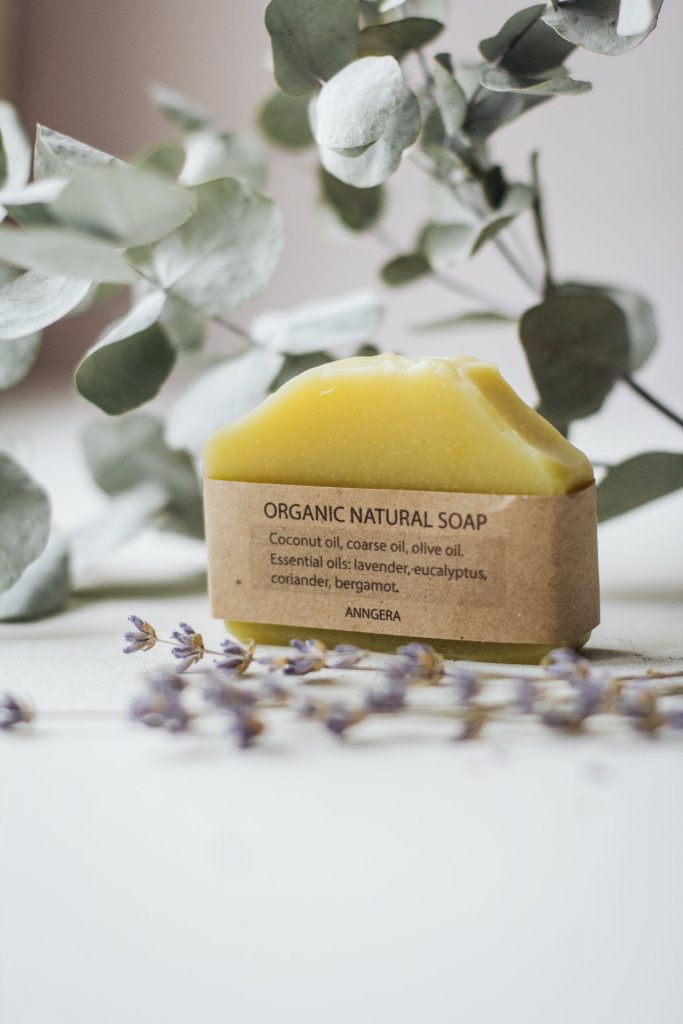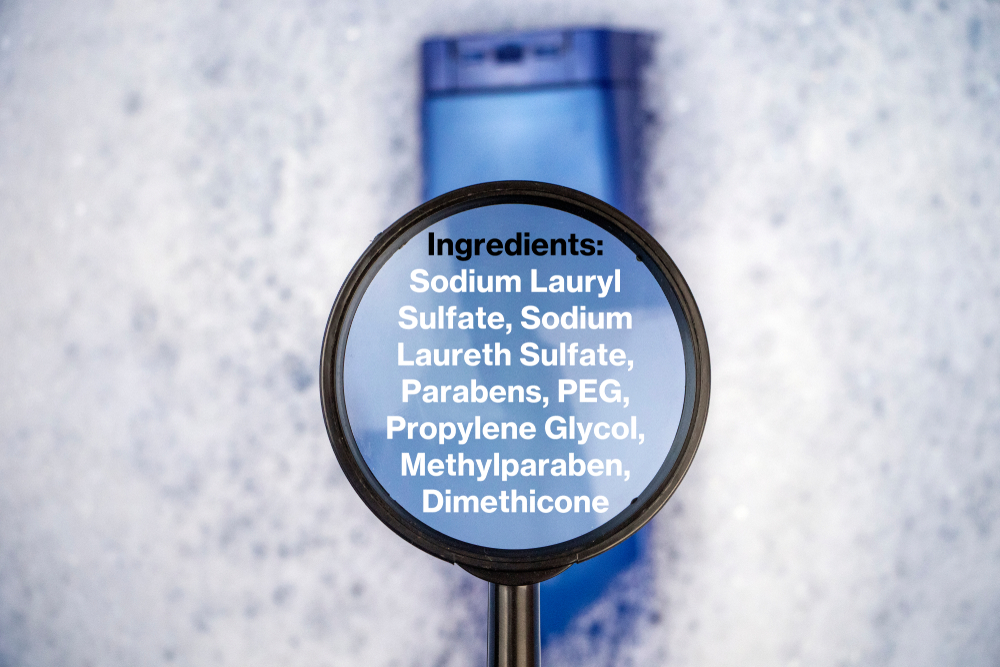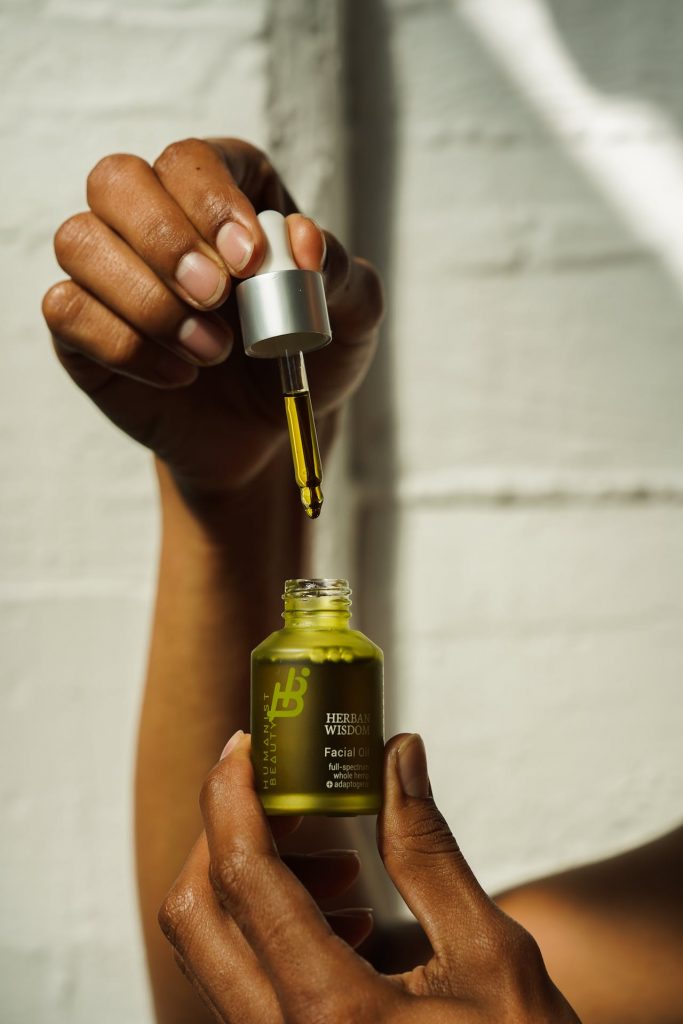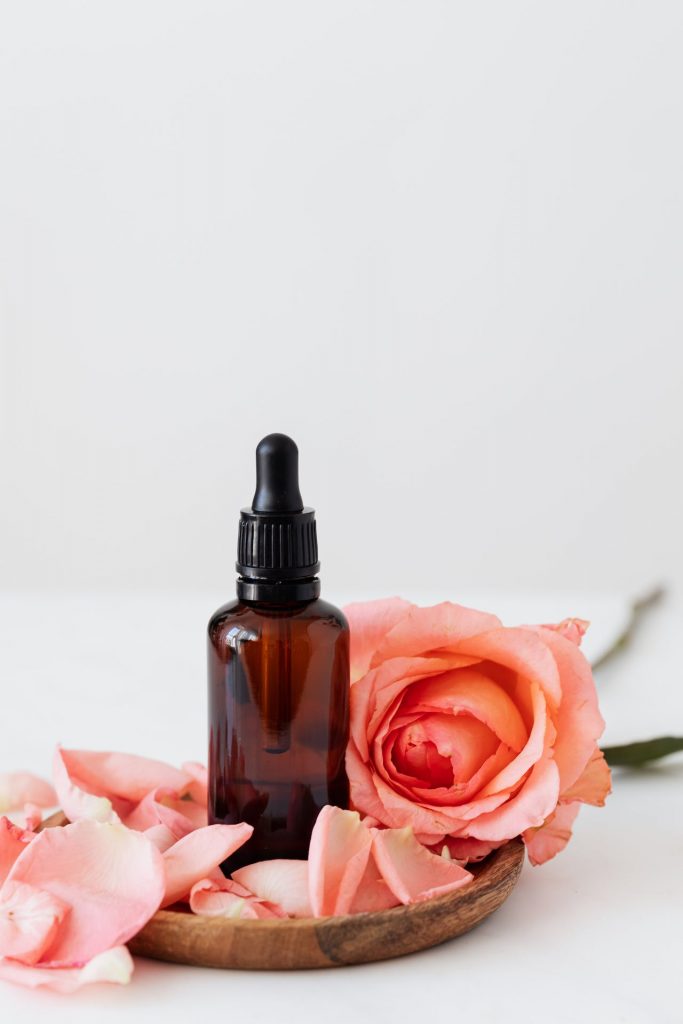Navigating the labyrinth of ingredients in organic skincare products can feel like decoding a secret language. Yet, it’s a vital step in taking charge of your skincare routine. The ingredient list isn’t just a jumble of words; it’s a roadmap revealing what your skin is about to experience. Understanding this list is like gaining access to a treasure trove of knowledge about your product’s composition. Ever noticed water often takes the lead? That’s just the beginning. So, where should your attention linger? Let’s unravel this mystery together.

Understand what’s harmful:
To begin, let’s shed light on common irritants frequently found lurking in skincare products. Among them are petrolatum, mineral oil, sodium lauryl sulfate, cocoa butter, and algae extracts. Steering clear of these troublemakers is advisable, as they’re notorious for clogging pores, triggering acne flare-ups, and causing skin sensitivities.
Conversely, there’s a league of beneficial active ingredients that champion healthy skin. Think alpha hydroxy acids (AHAs), antioxidants, retinol, essential oils, and beta hydroxy acids (BHAs). These powerhouses work wonders by sloughing off dead skin cells, providing essential nourishment, and shielding against environmental aggressors.

Here are some other common irritants frequently found in skincare products:
- Petrolatum: This ingredient, derived from petroleum, is often used for its moisturizing properties. However, it can lead to clogged pores and acne breakouts.
- Mineral Oil: Another petroleum-derived substance, mineral oil, can cause pore congestion over time.
- Sodium Lauryl Sulfate: Known for its harsh cleansing properties, sodium lauryl sulfate can be particularly irritating for those with sensitive skin.
- Cocoa Butter: While natural and derived from cocoa beans, cocoa butter’s high-fat content might exacerbate acne-prone or oily skin conditions.
- Algae Extracts: Despite their antioxidant benefits, certain forms of algae extracts may trigger allergies or sensitivities in some individuals.

Here are some beneficial active ingredients known for promoting healthy skin:
- Alpha Hydroxy Acids (AHAs): These naturally occurring acids work to exfoliate the skin, improving its texture over time.
- Antioxidants: Ingredients like vitamin C, E, and green tea extract act as protective shields for your skin, combating free radicals and preventing environmental damage. Antioxidants play a crucial role in combating free radicals, which are atoms or molecules lacking an electron. These free radicals bounce around cells, attempting to steal electrons from other atoms, thereby causing significant damage. They can disrupt normal DNA, degrade collagen, trigger inflammation and discoloration, and accelerate aging, leading to sagging skin, wrinkles, acne, and inflammation. Antioxidants function by neutralizing these free radicals, safeguarding healthy cells, and thwarting premature aging. Antioxidants exhibit synergistic effects when combined, making products containing multiple antioxidants particularly effective. Among various formulations, serums stand out as ideal vehicles for delivering a potent antioxidant boost.
- Retinol: A derivative of vitamin A, retinol aids in cell turnover, reducing the appearance of fine lines, wrinkles, and acne breakouts.
- Essential Oils: Derived from plants, essential oils offer a range of benefits for the skin, including hydration and soothing properties.
- Beta Hydroxy Acids (BHAs): Salicylic acid, a popular BHA, is renowned for its ability to deeply penetrate pores, clearing excess oil and dead cells.
In summary, understanding which ingredients to embrace and which to avoid is crucial for maintaining healthy skin. By deciphering labels and familiarizing yourself with ingredient lists, you can make informed decisions tailored to your skin’s needs and preferences.

An important step is to search for an accredited certification symbol. This emblem assures consumers that the product adheres to rigorous standards established by reputable organizations such as USDA or ECOCERT. Beware of ambiguous terms like “natural,” as they lack legal definitions and can potentially mislead consumers.
Carefully scrutinize ingredient lists, focusing on the first five to ten entries as they make up the bulk of the product. Ensure that desired natural ingredients are prominently featured near the top.


Choose products with natural fragrances or fragrance-free options, as synthetic scents can trigger allergic reactions and sensitivities.
Be mindful of expiration dates, particularly with natural skincare products that may have shorter shelf lives due to the absence of synthetic preservatives.
In conclusion, resist the allure of clever marketing tactics and false claims on organic skincare product labels. Empower yourself by understanding ingredients and their effects on your skin type, ensuring thorough examination of each label before making a purchase decision. Your skin will thank you in the long run.
